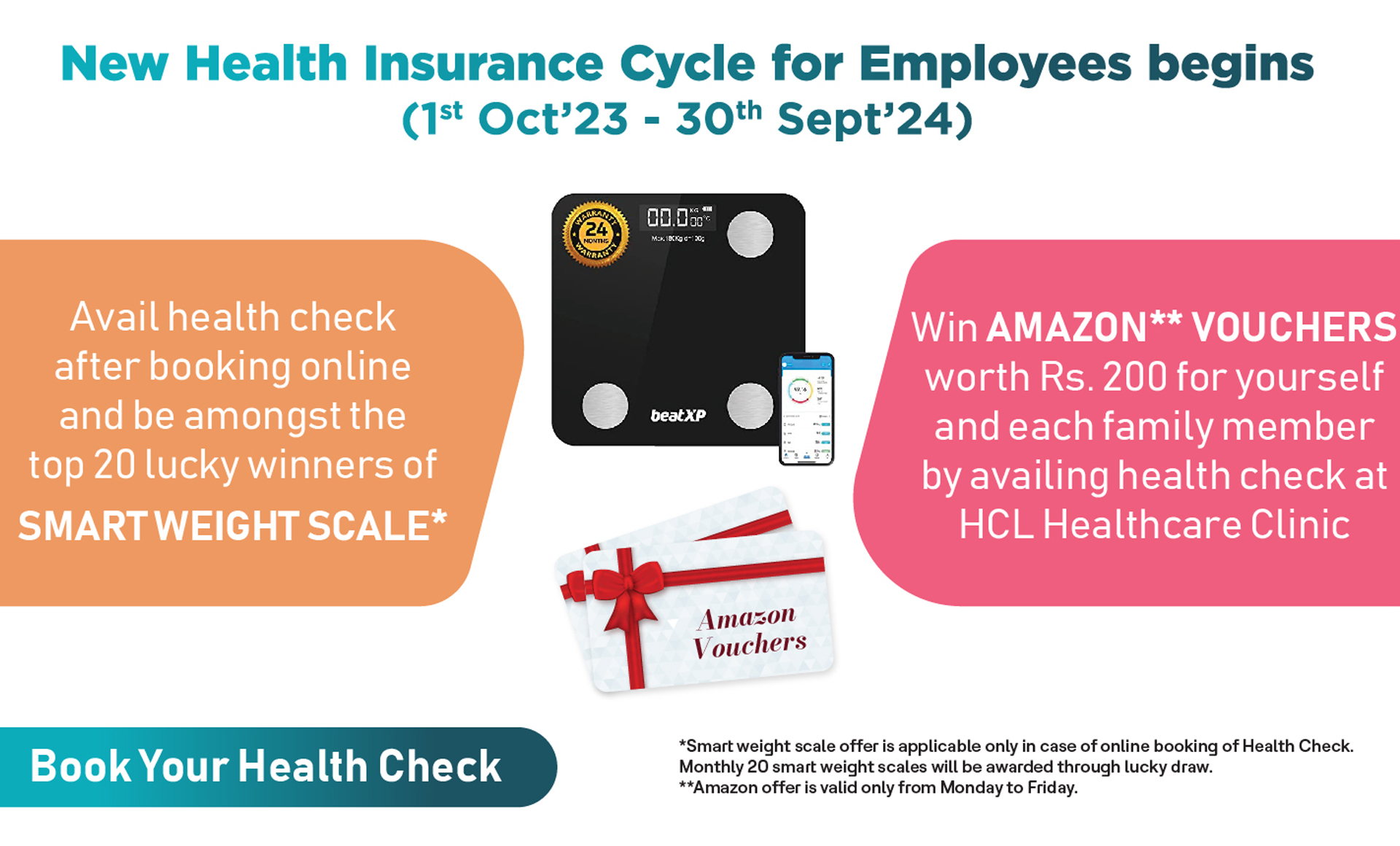It starts with that nagging feeling that maybe you are hungry. As you start to wonder about your options, your feet automatically take you to the fridge or the pantry, where you stock the essentials. And, before you know it, you have polished off an entire packet of chips or cookies. Sounds familiar? Indeed, midnight snacking is a flaw that most of us are guilty of.
Having said that, as harmless as it might sound, post-dinner snacking is costing you your health.
You have heard doctors and gym trainers warning you against the habit, but what can some harmless snacking in the late hours do? Turns out a lot. According to a 2022 study by the Harvard Medical School, late-night eating was found to be linked with hunger and higher obesity risk. And it’s not just weight gain, doctors claim that making midnight snacking a habit can lead to a myriad of health problems including acid reflux, diabetes, gastrointestinal disorders, and sluggish metabolism, among others.
“Midnight cravings aka nocturnal eating has many side effects on our wellbeing. At night, our metabolism is slow. Consuming calorie-rich snacks may not be burned efficiently which may cause discomfort as it puts a strain on our digestive system. It may even lead to acid reflux, indigestion, or discomfort. Not only do these interfere with our sleep and overall wellbeing but also contribute to weight gain. Moreover, midnight cravings affect appetite hormones such as leptin and ghrelin, potentially leading to increased hunger and difficulty in regulating appetite. Excessive late-night snacking also increases the risk of developing chronic conditions like obesity, Type 2 diabetes, and cardiovascular diseases,” says Afreen Dilshad, Senior Dietician, HCL Healthcare.
Why do you get those hunger pangs?
The reason why you reach out for a snack post-dinner might vary with your lifestyle, routine, and health levels. Let’s explore a few of them.
- Improper nutritional levels: The lack of nutrition in your body will end up making you feel weaker and hungry more often. The same goes for irregular meals. If you skip a meal, it leads to lower blood sugar levels and your body will work to balance it. So, every time your blood sugar level dips, you tend to become hungry. This can lead to midnight cravings for food if the intervals between your meals are too long.
- Hormonal changes and emotional responses: An imbalance in hormonal levels can lead the body to crave calorie-rich foods and sugar. The same stands for emotional responses or mental health. People diagnosed with mental health conditions like depression and anxiety tend to use food as an emotional crutch. Hence, they tend to binge eat or snack late at night whenever they might be feeling anxious or depressed.
- Dehydration: Sometimes when it’s food you crave, it’s water that your body needs. So, when you feel the hunger pangs, try drinking water first. If experts are to be believed, it’s common for us to misinterpret our body’s need for hydration for hunger. So, keep a bottle of water handy and keep your body hydrated.
- Not sleeping enough: When you don’t sleep enough, it impacts hormones that regulate your appetite. By sleeping less, you tend to eat more during your waking hours and also crave junk food.
- Night Eating Syndrome (NES): NES is a kind of eating disorder that leads people to eat after having dinner and whenever they are awake at night. Those diagnosed with the disorder experience low hunger levels in the morning and feel more hungry towards night time. The erratic eating pattern interferes with sleep patterns and ultimately promotes midnight snacking.
What can you do to tame the hunger monster?
There’s little that we can’t achieve once we put our minds to it and midnight snacking isn’t any different. All you need is a bit of self-restraint. Here are a few simple ways to follow:
- Try eating balanced meals: It’s one of the most common pieces of advice but among the most ignored too. Balanced meals ensure that you get the energy and nourishment that your body needs to keep you going. So, you keep full throughout the day.
- Pack up the protein: According to experts, protein can help keep you fuller for longer hours. So, try including protein-rich foods like leafy vegetables, cottage cheese, lean meats, and dairy products in your meal to curb cravings at night.
- Get enough sleep: Have you noticed that you tend to eat more when you are tired or stressed? The lack of sleep affects leptin and ghrelin – better known as the ‘hunger hormones’ – which leads to increased appetite.
- Try eating mindfully: Eating mindfully or intuitively helps you tune into your instinct and stop when you feel full. Experts suggest the practice of intuitive eating as it focuses on rationale, emotions, and your instinct to unlearn eating mindlessly. If you are someone who is struggling with emotional eating, it’s a great practice to improve your body’s relationship with food.
- Get creative with your food options: When you feel hungry at night, don’t reach out for the ice cream in the fridge or the jar of cookies. Instead, look for healthier options. For instance, you can microwave a bowl of popcorn or munch on some nuts to stave off hunger. If you don’t mind putting in some effort, you could rustle up a light salad or yogurt with fruit or even peanut butter on toast.







